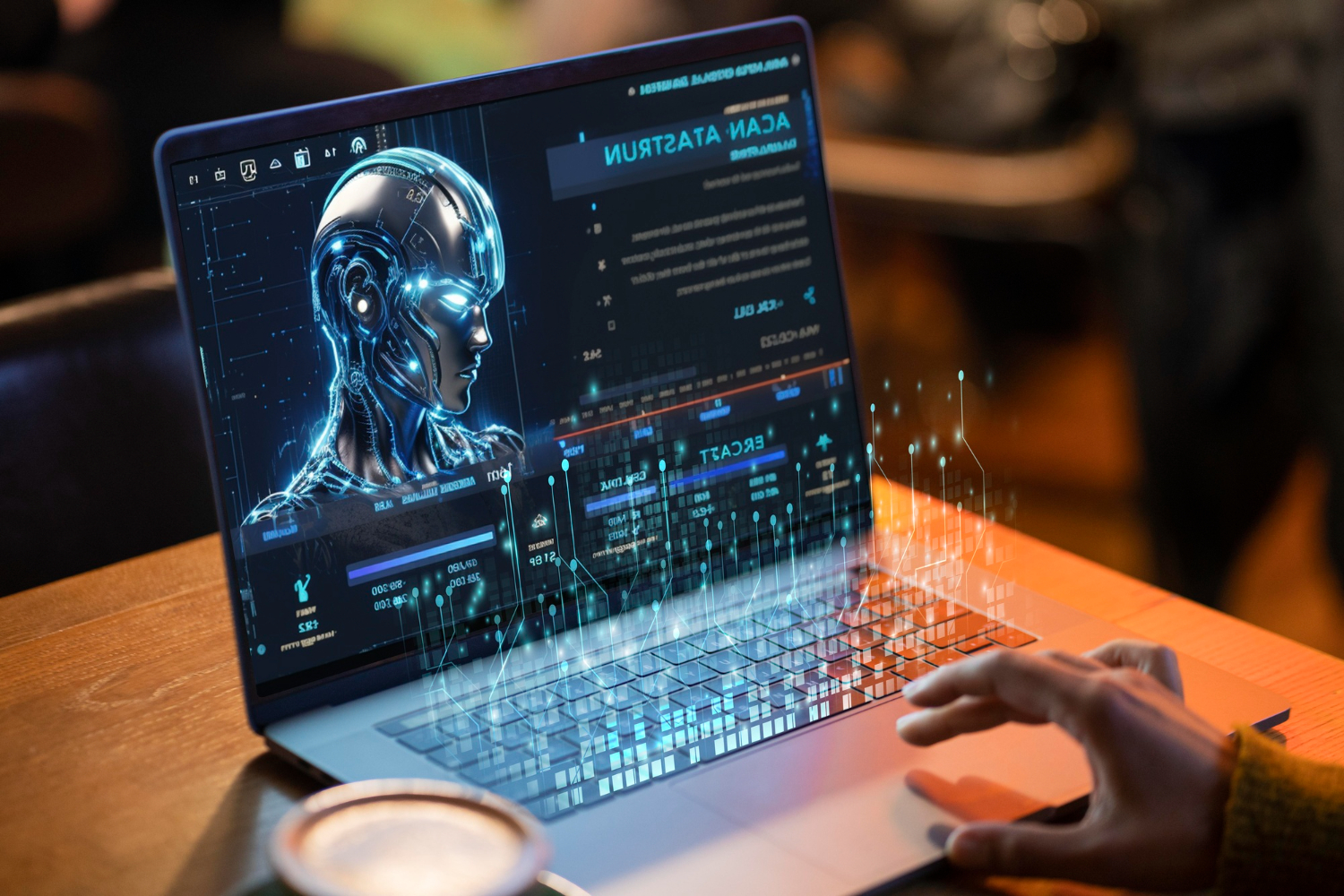The Role of Artificial Intelligence in Cybersecurity: Enhancing Defense Against Sophisticated Threats
Introduction
As technology continues to advance, so do cyber threats. The ever-evolving tactics of cybercriminals have made traditional cybersecurity measures insufficient to defend against sophisticated attacks. In this digital age, where data breaches and cyber incidents can cripple businesses, artificial intelligence (AI) is a powerful ally in strengthening cybersecurity defenses. In this blog, we explore the pivotal role of AI in cybersecurity and how it enhances our ability to combat and mitigate sophisticated threats.
- Understanding the Complexity of Modern Cyber Threats
Cyber threats have grown increasingly sophisticated, leveraging advanced techniques like machine learning, automation, and social engineering. These attacks are hard to detect and can evade traditional rule-based security systems. Understanding the complexity and scale of modern threats is essential to appreciate the significance of AI in cybersecurity.
- AI-Driven Threat Detection
One of AI’s primary roles in cybersecurity is its ability to detect anomalies and potential threats in real time. Machine learning algorithms can analyze vast amounts of data from various sources, including network traffic, user behavior, and system logs. By establishing normal behavior patterns, AI can rapidly identify deviations that may indicate a cyberattack. This early detection is crucial in preventing or minimizing the damage caused by sophisticated threats.
- Behavioral Analysis and User Profiling
AI-powered systems excel in behavioral analysis, which involves creating user profiles based on their typical actions and interactions with digital resources. AI can then identify unusual activities or deviations from the established behavior, providing an added layer of security against unauthorized access and insider threats.
- Predictive Threat Intelligence
Traditional cybersecurity relies on historical data and known attack signatures to defend against threats. AI can take this a step further by using predictive threat intelligence. By analyzing current trends and data from multiple sources, AI can anticipate potential threats and vulnerabilities that may emerge in the future. This proactive approach allows organizations to fortify their defenses and stay one step ahead of cybercriminals.
- AI-Enabled Cybersecurity Automation
AI’s automation capabilities have revolutionized cybersecurity operations. AI can handle routine tasks like system updates, patch management, and network monitoring, allowing human cybersecurity professionals to focus on more strategic and complex security challenges. Automation increases efficiency and reduces the response time to emerging threats.
- Advanced Malware Detection and Mitigation
AI-driven malware detection systems leverage machine learning models to analyze and categorize files based on their behavior. This proactive approach enables faster identification of new and unknown malware variants, reducing the risk of successful attacks. AI can also aid in developing efficient remediation strategies to contain and eradicate malware from the affected systems.
- Natural Language Processing for Threat Analysis
AI’s natural language processing (NLP) capabilities come into play when dealing with unstructured data, such as security reports, blogs, and research articles. NLP allows cybersecurity teams to extract valuable insights from vast amounts of textual information, improving their understanding of emerging threats and attack techniques.
- Cybersecurity for the Internet of Things (IoT)
The proliferation of IoT devices has expanded the attack surface for cybercriminals. AI can play a critical role in securing IoT ecosystems by monitoring device behavior, detecting anomalies, and safeguarding sensitive data transmitted between IoT devices and networks.
Conclusion
As the threat landscape becomes increasingly complex and sophisticated, the role of artificial intelligence in cybersecurity becomes indispensable. AI-driven threat detection, behavioral analysis, predictive threat intelligence, and automation enhance our ability to defend against evolving cyber threats. Embracing AI technologies bolsters our cybersecurity defenses and empowers organizations to respond effectively and proactively to potential threats. As we move forward in this digital era, integrating AI into cybersecurity will remain crucial in safeguarding our data, privacy, and digital infrastructure from malicious actors.

Comments are closed